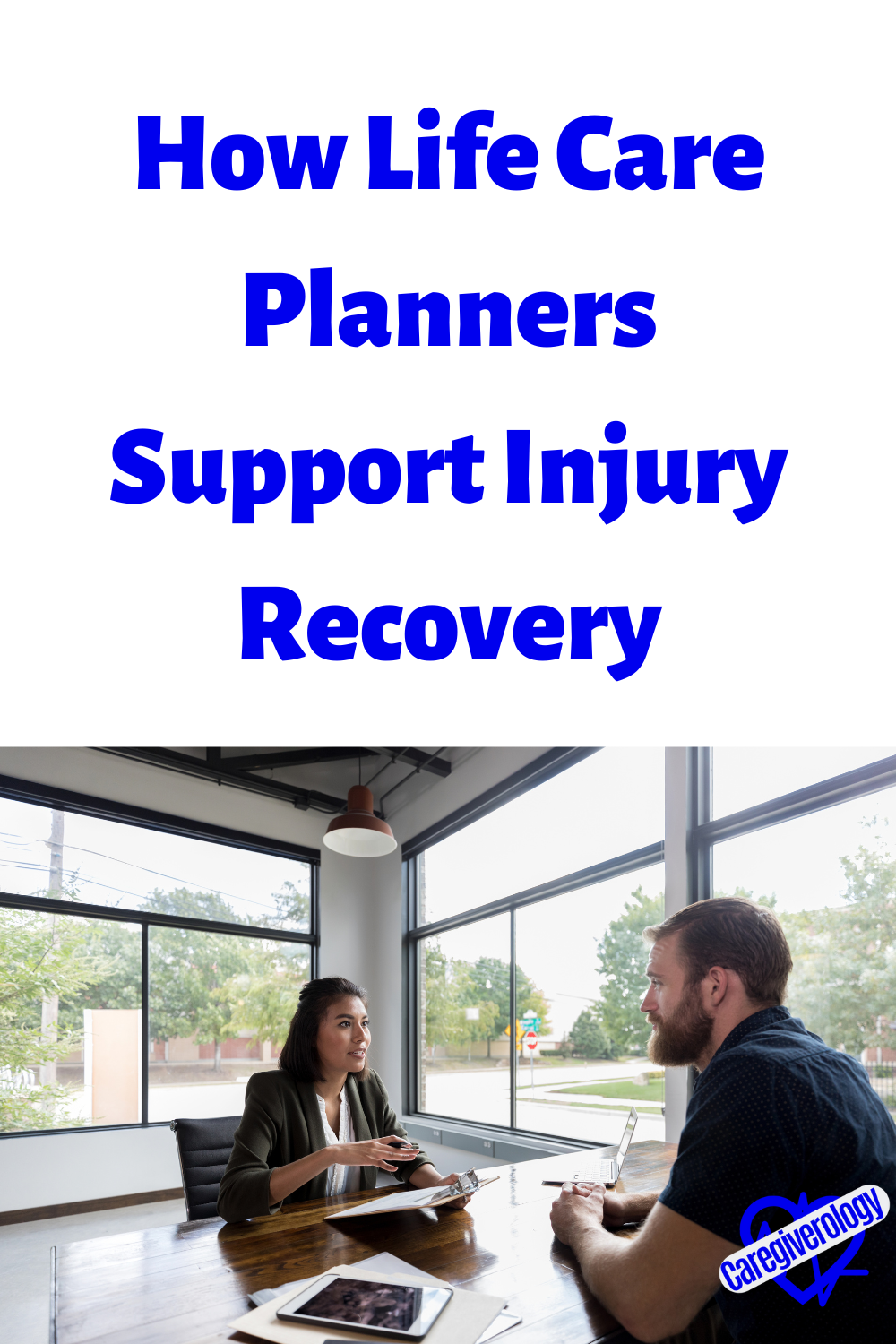How Life Care Planners Support Injury Recovery

In Los Angeles, life care planners play a vital role in supporting injury recovery, especially for individuals facing catastrophic injuries such as traumatic brain injuries or spinal cord damage. They develop comprehensive plans that outline medical treatments, rehabilitation, and associated costs, ensuring patients receive necessary care without financial strain. Given the city's high incidence of personal injuries—like the over 6,900 pedestrian accidents reported in 2019 —life care planners are essential in coordinating resources and advocating for patients' long-term well-being.
Recovery from injury involves a delicate balance of medical treatment, emotional adjustment, and lifestyle changes. Life care planners step in as trusted allies, offering tailored guidance to help individuals navigate this complex process. Speaking to life care planners in Los Angeles can help clarify their role. Their support includes crafting personalized care plans that promote physical recovery, emotional stability, and financial preparedness for long-term healing.
The Role of Life Care Planners?
Life care planners focus on developing detailed, customized plans that consider present and future needs. They know how to assess your situation and develop a plan that will work best for you. This is done in close collaboration with healthcare providers, making sure every aspect of a patient is considered.
Comprehensive Assessment
An in-depth evaluation is a foundation of any sound life care plan. These professionals evaluate the medical history, current health status, and future care needs. By taking into account everything, they can see crossing paths that may hinder them or ways to enhance them by looking deeper and building personalized roadmaps.
Part Coordination With Health Providers
It is important for life care planners to collaborate with medical professionals. Planners serve as a bridge for communication between doctors, therapists, and other specialists. With cooperation, all parties can focus on the shared objectives and achieve them, streamlining the recovery process. It depicts how typically disjointed individual treatments come together in one plan, matching personal necessities and helping patients.
Emotional Support and Counseling
Injury recovery is more than just a physical process. Emotional resilience is a massive contributing factor to a favourable outcome. Often, life care planners include emotional support and counseling in their plans. They assist in cultivating a positive mindset in a person by addressing their psychological needs, which makes it more accessible for those in recovery to face their challenges.
Resource Identification and Management
Navigating countless providers and resources can be overwhelming for those unfamiliar with the healthcare system. Life care planners specialize in cutting through that complexity. They manage and organize essential services, from coordinating rehabilitation programs to handling insurance claims. Streamlining the process allows injured individuals and their families to focus solely on healing, not on chasing paperwork or deciphering healthcare bureaucracy.
Financial Planning and Advocacy
Financial worries can feel like an albatross when you're trying to recover from a serious injury. That’s where life care planners come in. They assess long-term medical and personal care needs, offering valuable insights into the projected costs of recovery. By coordinating access to services and identifying available coverage, they help reduce financial stress. This allows individuals to stay focused on healing—physically, emotionally, and mentally—without worrying about how they’ll afford necessary care.
Strategic Oversight and Prevention
Reaching physical wellness is just one step in recovery; true healing requires long-term planning for sustainable well-being and quality of life. Ongoing monitoring ensures the plan evolves with changing needs, providing continuous support. This steady guidance offers individuals a sense of safety and consistency, fostering trust and confidence in their recovery journey as they adapt to new challenges and milestones.
Education and Empowerment
Life care planning is a big part of empowering people with information. Knowing their conditions and options empowers clients to make informed decisions that planners can facilitate. Such empowerment ensures control, which can lead to greater motivation and commitment to the recovery process. Knowledge is a weapon that you can use to be stronger, fight, and overcome all obstacles that stand against you and achieve whatever you desire.
Creating a New Iteration of a Supportive Network
Having a network of family and friends is a crucial part of recovery. A life care planner can help establish a web of family, friends, and community resources. This network provides emotional support, practical help, and a sense of belonging. Planners try to connect the dots and, in doing so, enhance the total recovery experience, and they want to bring together all aspects.
Conclusion
Life care planners are essential in aiding in recovery from an injury. By means of comprehensive assessments, collaboration with healthcare providers, and personalized strategies, they provide not just healing regarding physical aspects; rather, they also expedite emotional, financial, and social needs. Life care planners facilitate an easier and more efficient recovery process by equipping individuals with the tools and knowledge to take hold of their rehabilitation. If someone you live with is taking that road to recovery, an ever-growing part of your life, we can turn every conversation into a hug of support.
Guest Articles Written for Caregiverology
From How Life Care Planners Support Injury Recovery to Home
Recent Articles
-
Common Truck Crash Injuries and Legal Remedies - Caregiverology
Jul 19, 25 10:49 AM
Known for its sun-drenched beaches, vibrant arts scene, and bustling maritime industry, Fort Lauderdale is a city that sees heavy traffic both on its roads and at its busy port. Unfortunately, with th… -
Why Expert Legal Help Matters After Serious Injury - Caregiverology
Jul 19, 25 10:35 AM
In Houston, over 67,600 car crashes occurred in 2023, resulting in 290 fatalities and 1,612 serious injuries. That’s roughly 185 accidents every day. -
How Life Care Planners Support Injury Recovery - Caregiverology
Jul 19, 25 10:18 AM
In Los Angeles, life care planners play a vital role in supporting injury recovery, especially for individuals facing catastrophic injuries such as traumatic brain injuries or spinal cord damage.





New! Comments
Have something to say about what you just read? Leave a comment in the box below.